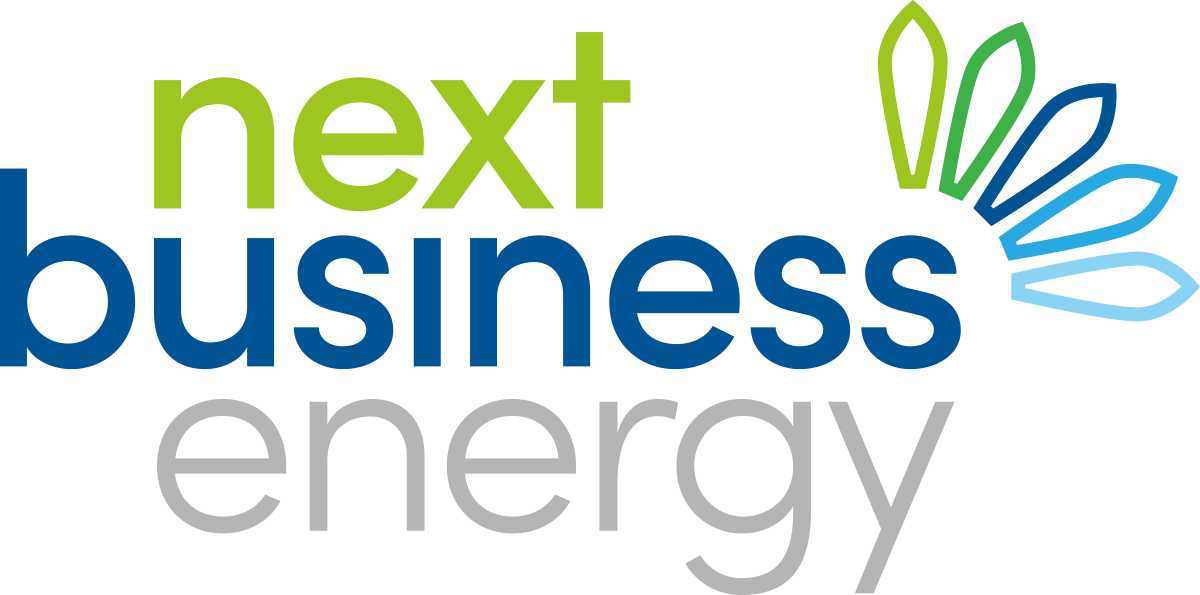As well as being good for the environment, having a more energy efficient business may also help you save on your electricity bills.
Businesses often use more energy than they need and it’s no surprise that high energy costs are bad for your business’ bottom line. Common areas businesses can often use the most energy include lighting, heating and cooling, refrigeration and appliances.
Investing in energy efficiency has both short-term and long-term benefits for your business, and as an effective way to reduce costs, it doesn’t need to be overly complicated.
Work as a team
Trying to do it all yourself may be overwhelming. If you’re wanting to increase your businesses energy efficiency, make your employees aware of your goals and get them involved in your energy efficiency practices.
If you’re trying to reduce your energy usage but have some employees still using excessive energy, such as leaving lights and appliances on, it can undermine any other efforts you make.
By creating a culture that encourages energy efficiency in the workplace, your employees are also likely to be happy about working for a company making more effort to be energy efficient.
Optimise heating and cooling
Heating and cooling systems require a lot of energy, so investing in an energy efficient model is important.
Old or outdated systems work less efficiently, using up more energy and resulting in higher costs. Replacing your existing system with a high energy efficient heating and cooling system is a solid investment for your business.
Get regular maintenance performed on your heating and cooling system, and clean and replace your filters on a regular basis to keep it running as efficiently as possible.
Look at the energy rating which estimates how much power an appliance is likely to consume in a year. This will give you an idea of the running costs of the system. It may also be worth considering alternative options such as reverse cycle units, evaporative air conditioning systems, and ceiling fans which may help cut down your heating and cooling costs.
Control the temperature
Controlling the temperature in the workplace helps reduce business electricity usage overall. Increasing or decreasing the temperature even just by 1 degree in summer or winter can help save a significant amount of energy. In summer, cool your office at 25 degrees, while in winter, 20 degrees is optimal.
Invest in a programmable thermostat to automatically adjust the temperature. This will make it easier to maintain the desired temperature. Also, avoid wasting energy heating or cooling spaces not in use, or that are only used for small pockets of time.
Make refrigeration more efficient
For some businesses, refrigeration can be a significant portion of energy usage, but there are simple changes you can make which can help you save money on refrigeration.
An empty fridge uses more energy so try to fill it up to help it run efficiently, if not with food you can use bottles of water. Though you also need to be careful not to overfill it as this will also impact energy efficiency.
Buy an energy efficient model that is suitable for its purpose and position it out of direct light.
Regularly clean motors, fans, and condenser coils to keep it working efficiently and defrost the freezer often to avoid build up of ice. With refrigeration you should also avoid leaving it open too long and wasting excess energy.
Standby is not as good as off
Leaving appliances and office equipment on standby is not eliminating your energy usage, as appliances are still using up energy while in standby mode.
Rather than using standby mode, getting into the habit of fully powering down your office equipment is an easy way to save on your electricity bills. Look for appliances with power saving features, and while they may look good, remember that screensavers do not reduce energy use.
Insulation of your workplace
Having a well insulated building and workspace is important for energy efficiency. A light breeze coming through a gap in a door or window can be annoying, but it can also have a more serious effect on your energy bills. With proper insulation it is also easier to maintain the desired temperature.
Weatherstripping is a simple thing to do to improve insulation and get rid of any annoying draughts in the office.
Embrace flexible working arrangements
Allowing employees to work from home for part of the week can have a positive impact on work culture, but also on your business energy costs.
Fewer employees in the office results in less heating and cooling, and lighting required. You may also be able to reduce your office equipment and get rid of unused computer monitors, printers, telephones, etc. Allowing employees more flexibility may even enable you to downsize your office space, which in turn will reduce energy usage and overall business costs.
The right hot water system
Heating water can be a significant cost to businesses. To avoid using excess energy, set the thermostat so it’s not too hot.
Get your boiler and heating system serviced regularly and check for leaking pipes or dripping taps which result in wasted water.
Choose the right size water system for your business premises and ensure there is proper insulation around the boiler and along the pipework, so heat is not wasted. If possible, look to install an “on-demand” boiler, as this will heat water only when required which can help you save on costs.
For more tips on how you can reduce your business energy usage and costs, visit our business insights.

